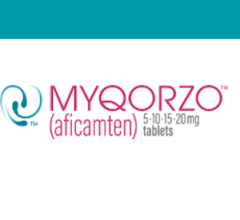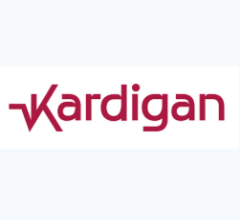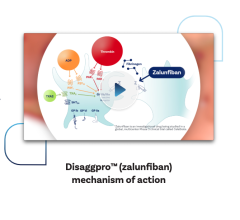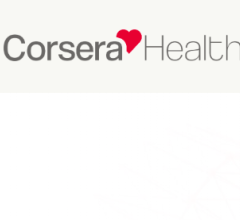July 27, 2012 — Major safety fears over supraventricular tachycardia (SVT) medications are threatening many elderly patients, and even encouraging some to opt for surgery, claims a new report by healthcare experts GlobalData. The new report shows that the prognosis for SVT is good if there are no associated co-morbidities, but with time, more frequent and long-lasting episodes are seen in almost all patients, who are forced to adhere to treatments potentially even more dangerous to their health than the condition itself.
However, some setbacks in the SVT therapeutics market may have a negative impact on patient wellbeing. Negative opinions of the antiarrhythmic drug Multaq have emerged among physicians following the black box warning given by the U.S. Food and Drug Administration on Dec. 19, 2011, noting that the drug must be not prescribed for people with a history of heart failure. Multaq was found to double the risk of death in patients with symptomatic heart failure and New York Heart Association (NYHA) Class IV heart failure, three months after the launch of Multaq in Europe. The European Medicines Agency (EMA) also advised that Multaq must only be used as a last resort. These negative opinions will affect the market share of products.
Another antiarrhythmic drug, Brinavess, was filed in the United States in 2007, but still has not received approval due to a patient suffering cardiogenic shock in a pivotal trial. Even if the drug is approved, the resulting negative perception of the product may affect its future market share. Amiodarone, another antiarrhythmic, gained a negative opinion due to adverse events related to toxicity in the brain, kidney, liver and other organs, as well as an overestimation of bleeding risk, and the underestimation of stroke risk associated with anticoagulants. All of these issues discourage physicians from prescribing such drugs.
Patients can be given adenosine (Adenocard), which is a fast-acting intravenous (IV) antiarrhythmic agent that can offer faster activation if given by IV. Adenosine treatment is highly efficacious, yet it still has uncomfortable temporary side effects, including chest pain, flushing, nausea, breathlessness and dizziness.
SVT patients also suffer a high risk of strokes due to embolism, which can be prevented by anticoagulants such as warfarin, and the recently approved Xarelto and Pradaxa. However, the low safety profiles of such drugs due to bleeding complications mean that the prescription rate of these drugs is low.
As a result, ablation is the treatment of choice for many cardiologists. Procedures such as radiofrequency ablation have increased preference in recent years for the treatment of SVT, and boast more than 85 percent success rate with few complications. Due to the various risks of drug treatments, more and more cardiologists prefer procedures to medication. Other treatments can also include pacemakers, or cardioversion (an electric shock) to restore the heart’s normal rhythm.
For more information: www.globaldata.com


 January 28, 2026
January 28, 2026 









